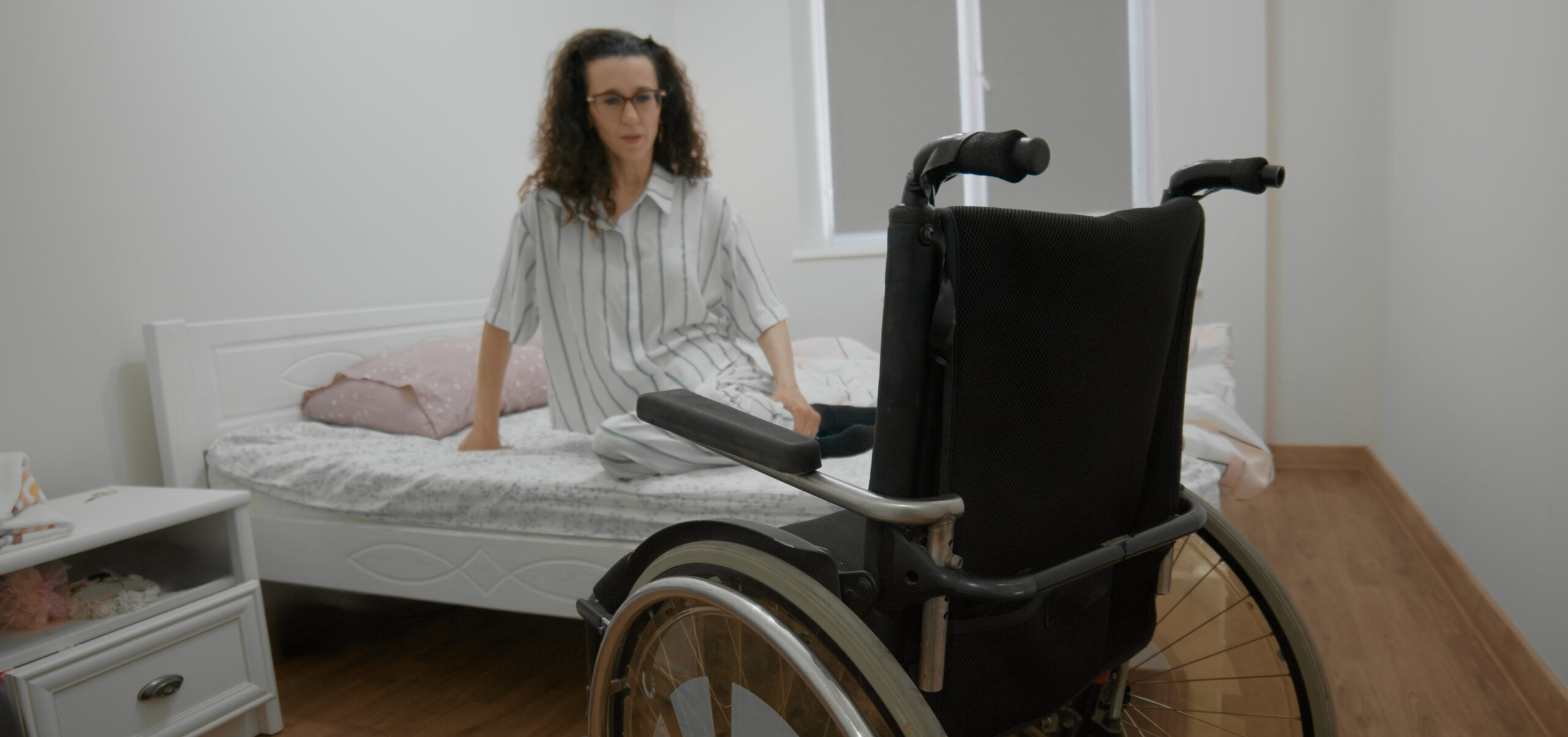
How Does ERISA Affect the Discovery Process in Disability Litigation?
Apr 01, 2025
What is ERISA and How Does It Work
The Employment Retirement Income Security Act is a federal law t...

Navigating Social Security Disability Benefits for Multiple Sclerosis Patients
Mar 04, 2025
Multiple sclerosis (MS) can be an unpredictable condition. One day, you may feel strong and able to ...

Short-Term Disability Coverage for Pregnancy-Related Conditions in Florida
Feb 15, 2025
What Disability Coverage is Available for Pregnant Employees in Florida?
What short-term disability...

Can You Get SSDI for Rare or Unlisted Medical Conditions?
Jan 15, 2025
SSDI Benefits for Rare or Unlisted Medical Conditions?
Social Security Disability Insurance (SSDI) ...

Top Mistakes to Avoid When Appealing an SSD Denial in Florida
Dec 21, 2024
The first and worst mistake is not to pursue an appeal—you have the right to do so. In Florida, mo...

The Importance of Accurate Medical Records for Florida Social Security Disability Claims
Dec 12, 2024
It is notoriously difficult to get prompt approval for SSDI claims. According to one study, in 2022,...

What Steps Should You Take If Your Short Term Disability Benefits Are Exhausted in Florida?
Nov 17, 2024
Short-term disability (STD) insurance typically covers weeks or months of inability to work for pers...

What Are the Essential Elements of ERISA Compliance for Florida Businesses?
Nov 04, 2024
ERISA law, overseen by the Employee Benefit Security Administration (EBSA), regulates the health, di...

How Long Does the SSA Claim Reconsideration Process Take in Florida?
Oct 17, 2024
The SSA's data shows that it takes roughly 213 days to process a claim reconsideration, a little ove...








